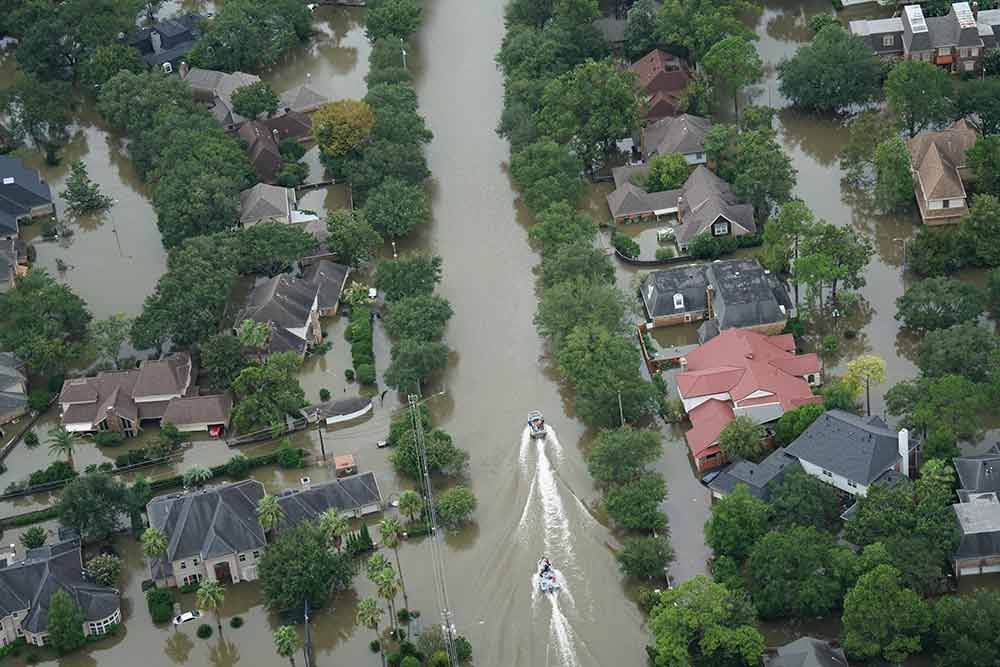Read the latest and greatest from our team
of incredible specialists.

Beach House Recovery Center » Blog » After Hurricane Harvey: Disaster Preparedness for Treatment Centers
Last week Beach House Center for Recovery was invited to share the nuts and bolts of effective disaster preparedness at a community training for treatment providers, sober homes and other recovery advocates and professionals from Palm Beach County and greater South Florida. The event could not have come at a more critical moment for our local community, as it braces itself for potentially the worst storm in recent history (Irma, followed closely by Jose).
More than 40 people attended the event on Tuesday, August 29, which was sponsored by the Palm Beach County Substance Awareness Coalition and Recovery Awareness Partnership, and featured a small cohort of speakers from Palm Beach County’s Division of Emergency Management, the American Red Cross, the Palm Beach County School Police and Palm Beach County Sheriff Department.

Our very own David Beckerman (Treatment Liaison Coordinator) was one of the speakers. He shared the following tips for treatment providers and sober homes regarding the basics of any good disaster preparedness plan:
Whether you’re researching for yourself or a loved one, Beach House can help. We understand that this is a serious time in your life and that the treatment center you choose matters. We want you to feel comfortable and empowered to make the right decision for yourself, a friend, or a family member. This is why a counselor is waiting and available to answer your questions and help put your mind at ease regarding the next steps. Many of the staff at Beach House have walked in your shoes. If you feel you’re ready or want more information about how to help a loved one, we can help today. You can also learn why we are voted the #1 rehab for addiction treatment in Florida.
We accept most major insurance plans and can verify your benefits quickly and confidentially.
We’re committed to helping you access the care you need, our admissions counselors can guide you through your coverage options and available resources.





"*" indicates required fields